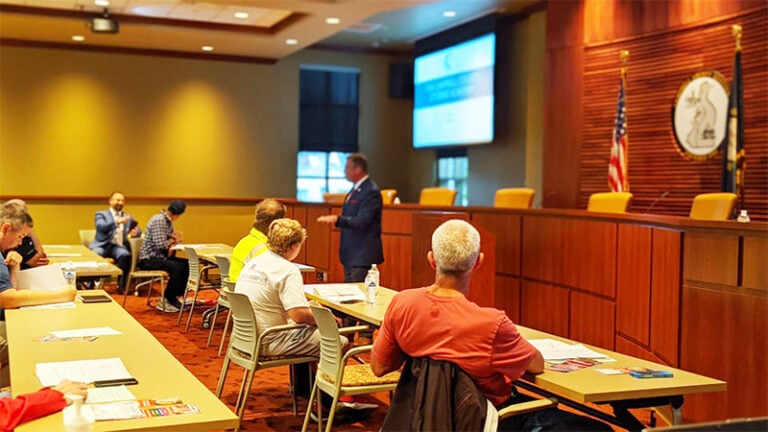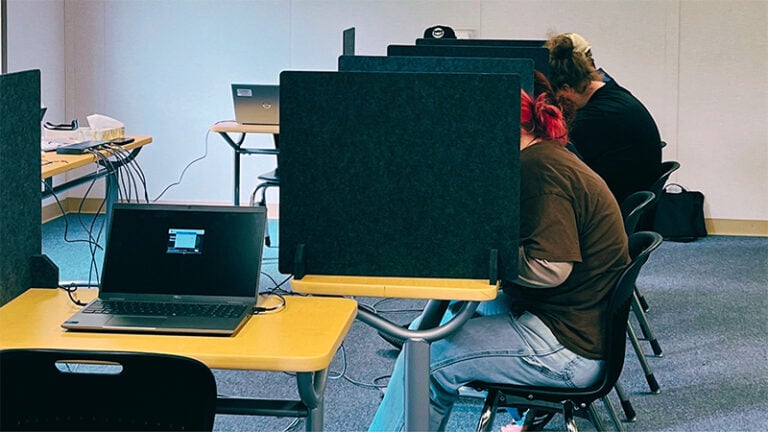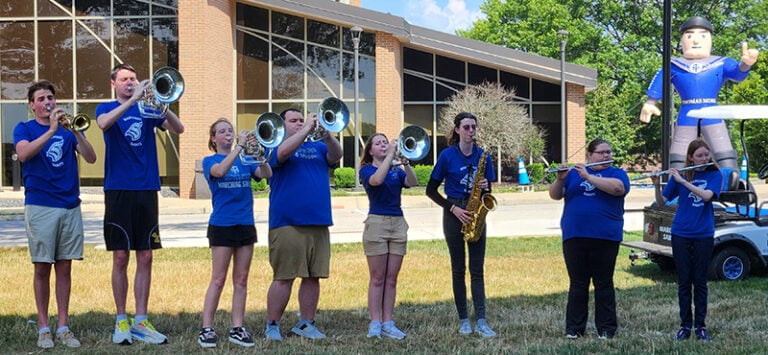Kentucky’s Republican politicians in Frankfort and in our county courthouses in Northern Kentucky are distracted, along with others who are ignoring or disregarding that Kentucky is at the forefront of job creation.
This week the Commonwealth was recognized for job creation by a national publication of an organization for site selection professionals. Tri-Ed on its web page says NKY is the least-costly location to do business out of the 27 largest metro areas in the U.S., according to
KPMG’s 2012 Competitive Alternatives.
Yet the reason given for supporting Right To Work (RTW) legislation by Tri-Ed’s Dan Tobertge and now Boone County Judge/Executive Gary Moore is that business does not locate in areas where there RTW is not the law. Kentucky’s national recognition for site selection negates this position. Tobergte, Moore and other Republicans, ignoring the facts and their own web pages, give no specific examples or even a number of times a business specifically did not choose NKY due to not having RTW.
The Kenton and Boone Fiscal Courts are considering the passing so-call Right to Work (RTW). Locally Northern Kentucky Tri-County Economic Development Corporation (Tri-Ed) through its CEO/President Tobergte has been making presentations about RTW for at almost two years to county officials in Northern Kentucky. Should the president of an organization receiving tax funding be promoting a highly partisan issue?
Real economic issues in Northern Kentucky are the lack of trained manufacturing workers, the decline of CVG, the Brent Spence Bridge and P-16 education funding. Until the Republican Party and its think tanks brought up the subject of RTW, there has never been a finding that RTW was needed in Kentucky or specifically NKY. The Republican members of the Boone, Kenton and Campbell County Fiscal Courts need to look beyond rhetoric from the Heritage Foundation, National Review and the Republican Platform.
Kentucky and especially NKy has one of the best economies in the nation. It could have an even better economy if it could increase the number of workers trained in manufacturing, and deal with infrastructure issues like CVG, the Brent Spence Bridge and adequate funding for education. Instead of dealing with those issues, our elected officials and a special taxing district are distracting the public from the real issues of the day.
In the 12/11/12 issue of Forbes magazine, the impact of Oklahoma’s RTW law was examined. According to the report by economists Gordon Lafer and Sylvia Allegretto, Oklahoma’s right-to-work laws do not always work out quite so well.
Abby Rapoport, writing in the American Spectator, describes the results of the Lafer/Allegretto study:
“Rather than increasing job opportunities, the state saw companies relocate out of Oklahoma. In high-tech industries and those service industries “dependent on consumer spending in the local economy,” the laws appear to have actually damaged growth. At the end of the decade, 50,000 fewer Oklahoma residents had jobs in manufacturing. Perhaps most damning, Lafer and Allegretto could find no evidence that the legislation had a positive impact on employment rates.
“It will not bring new jobs in, but it will result in less wages and benefits for everybody including non-union workers,” says Lafer.
RTW has not helped business and quality of life in Oklahoma. When one looks at RTW states, we are looking at the likes of Mississippi, Arkansas, and Louisiana.
Presently, Kentucky’s educational and employment opportunities are considered superior to similar opportunities in those long-time RTW states. The question NKY elected officials and others need to consider is: Do we want to provide employment and educational opportunities that Mississippi, Arkansas and Louisiana currently provide?
Paul L. Whalen is chair of the Campbell County Democratic Executive Committee.

















